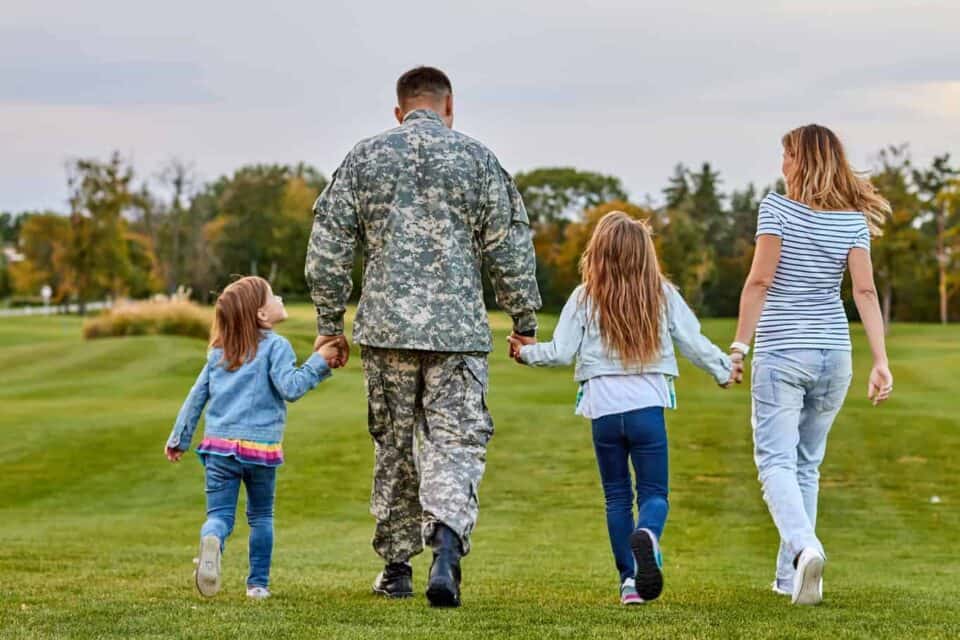
Want access to discounts? Join our newsletter for exclusive discounts and be the first to know when new products hit the store!

The valor and sacrifice displayed by veterans on the battlefield are awe-inspiring, but their journey doesn’t end there. For many veterans, the transition to civilian life can be fraught with unseen battles, particularly those concerning mental health. This blog post explores the challenges and struggles faced by veterans in the realm of mental health, shedding light on the impact of their service on their psychological well-being and the need for comprehensive support systems.
While physical wounds are visible and honored, the invisible scars of war often go unnoticed. Veterans frequently carry the burden of traumatic experiences that can lead to conditions such as post-traumatic stress disorder (PTSD), anxiety, depression, and substance abuse. The profound stress and emotional toll of combat can leave a lasting imprint on their mental health, affecting their ability to reintegrate into civilian life.
Despite increasing awareness and advocacy, there remains a pervasive stigma around mental health in society, and the military community is no exception. Many veterans feel hesitant to seek help or discuss their struggles due to fears of being perceived as weak or incapable. This stigma poses a significant barrier to accessing the support and care they need, perpetuating a cycle of silent suffering.
The transition from military to civilian life is a profound shift that can be overwhelming for many veterans. Leaving behind the camaraderie and structure of the military, coupled with the uncertainties of starting anew, can trigger feelings of isolation and purposelessness. Finding suitable employment, building new social networks, and adapting to a different lifestyle can exacerbate mental health challenges.
The mental health struggles of veterans ripple beyond their own lives, affecting their families and relationships. Loved ones may find it difficult to comprehend the profound changes that service can bring, leading to strained communication and misunderstandings. The burden on family members to support a veteran’s mental health can be emotionally taxing, underscoring the need for a comprehensive support network.
Homelessness among veterans remains an alarming issue, with a significant proportion suffering from mental health issues. The challenges of readjustment and the lack of accessible mental health services contribute to the risk of homelessness, making it crucial to address the underlying mental health struggles to break this devastating cycle.
Veterans often face hurdles in accessing mental health services. Overburdened healthcare systems, long wait times, and the lack of specialized care for military-related traumas can limit the timely support veterans require. There is an urgent need for increased funding, specialized training for mental health professionals, and tailored programs to address the unique needs of veterans.
Post-traumatic stress disorder (PTSD) and moral injury are common mental health challenges that veterans confront. PTSD can result from exposure to traumatic events during service, while moral injury stems from witnessing or participating in actions that conflict with one’s moral values. Both conditions can have profound psychological and emotional consequences, demanding sensitive and tailored interventions.
The importance of peer support and a sense of community cannot be underestimated in the journey towards healing. Connecting with fellow veterans who share similar experiences can foster understanding, solidarity, and the reassurance that they are not alone in their struggles. Peer-led support groups and community programs play a pivotal role in creating safe spaces for veterans to share their stories and find support.
The mental health struggles faced by veterans are as diverse as their experiences in the line of duty. Addressing these challenges requires a multi-faceted approach that encompasses increased awareness, accessible mental health services, and reduced stigma. By recognizing the invisible wounds of war and fostering a supportive and empathetic environment, we can create a pathway towards healing and resilience for those who have sacrificed so much for our freedom. Empowering veterans to seek help, engaging in open dialogues, and advocating for comprehensive mental health support will honor their service beyond the battlefield. Together, we can embrace veterans with open hearts and provide the compassionate care they deserve on their journey towards mental well-being.